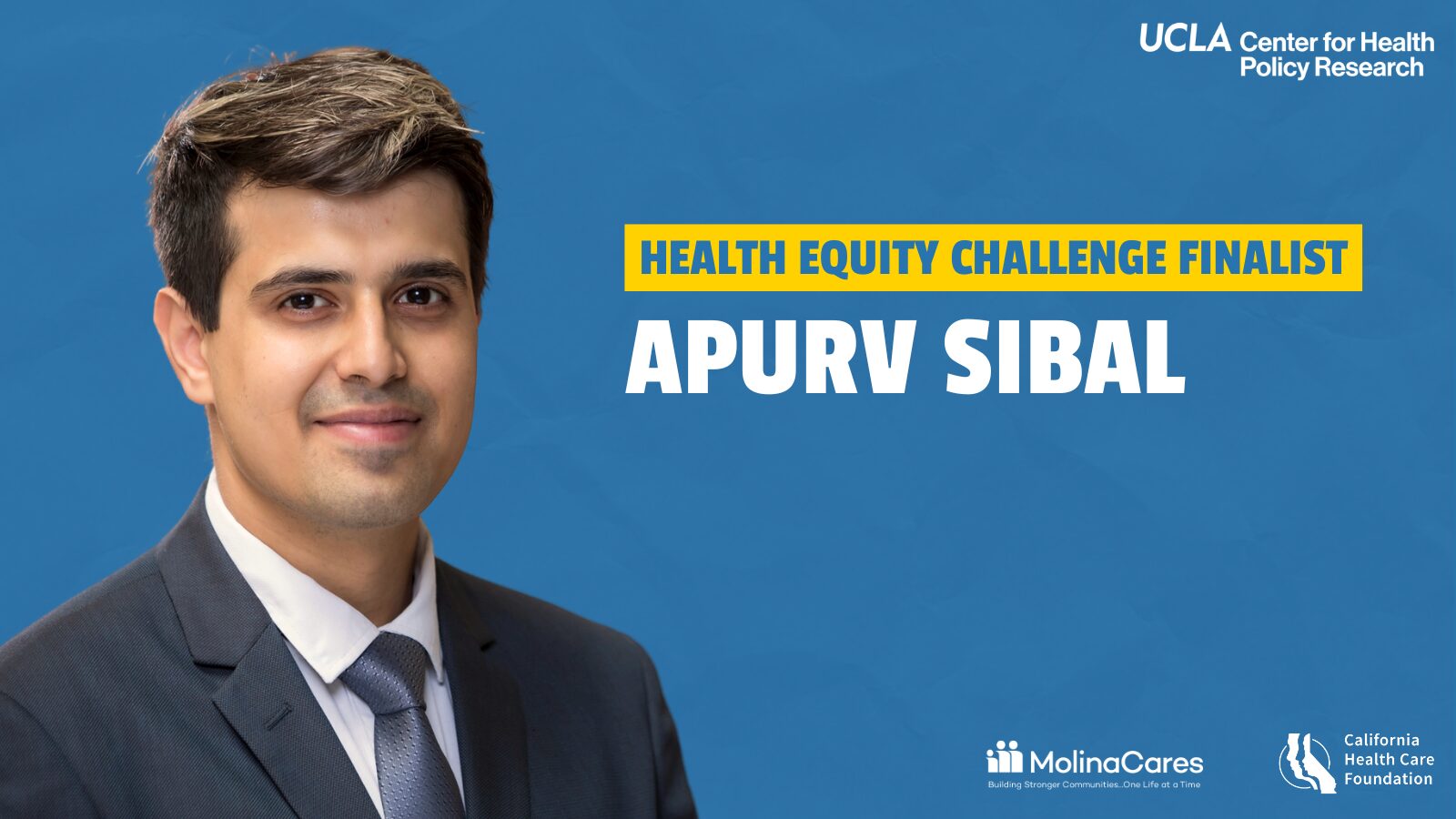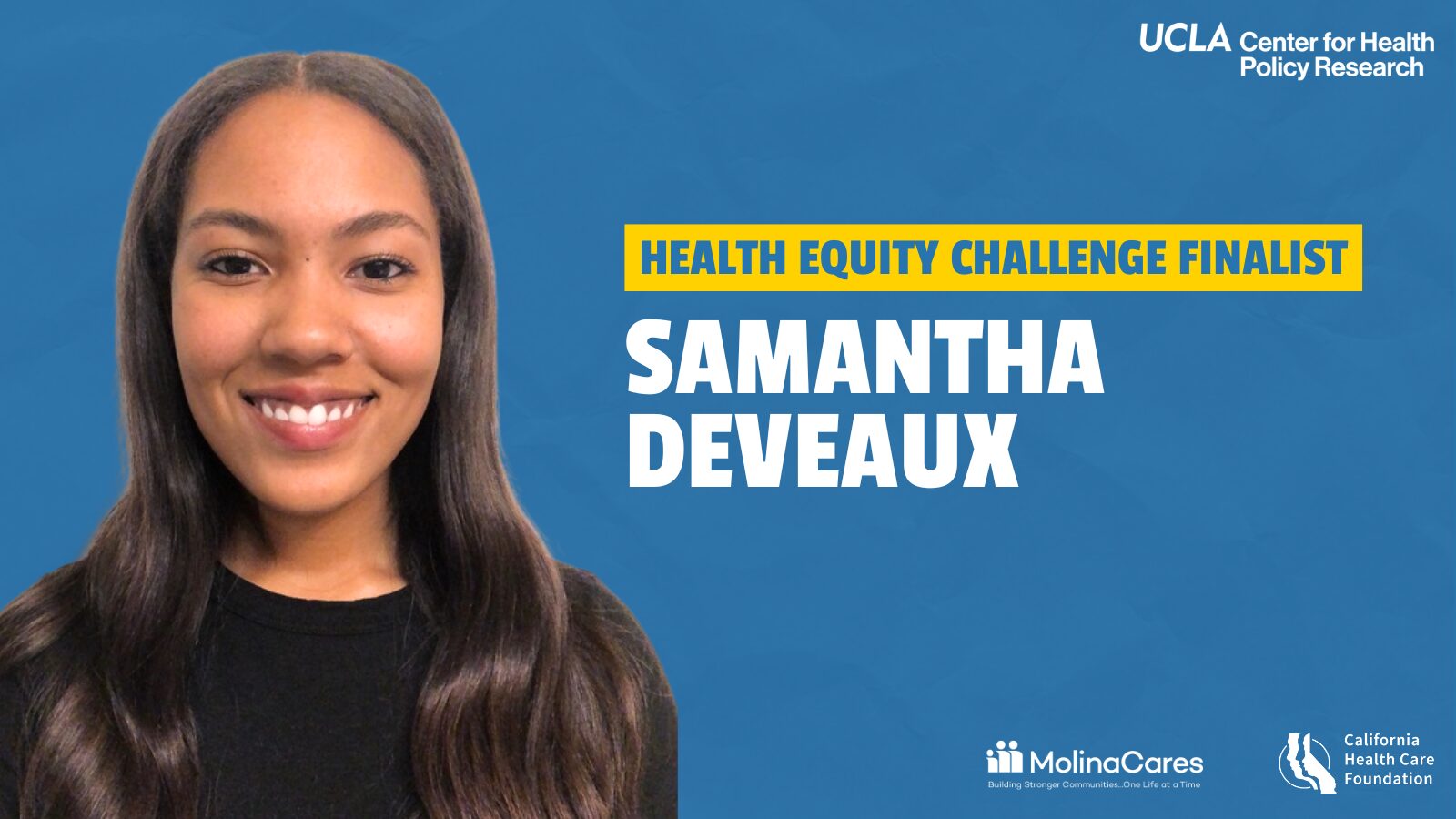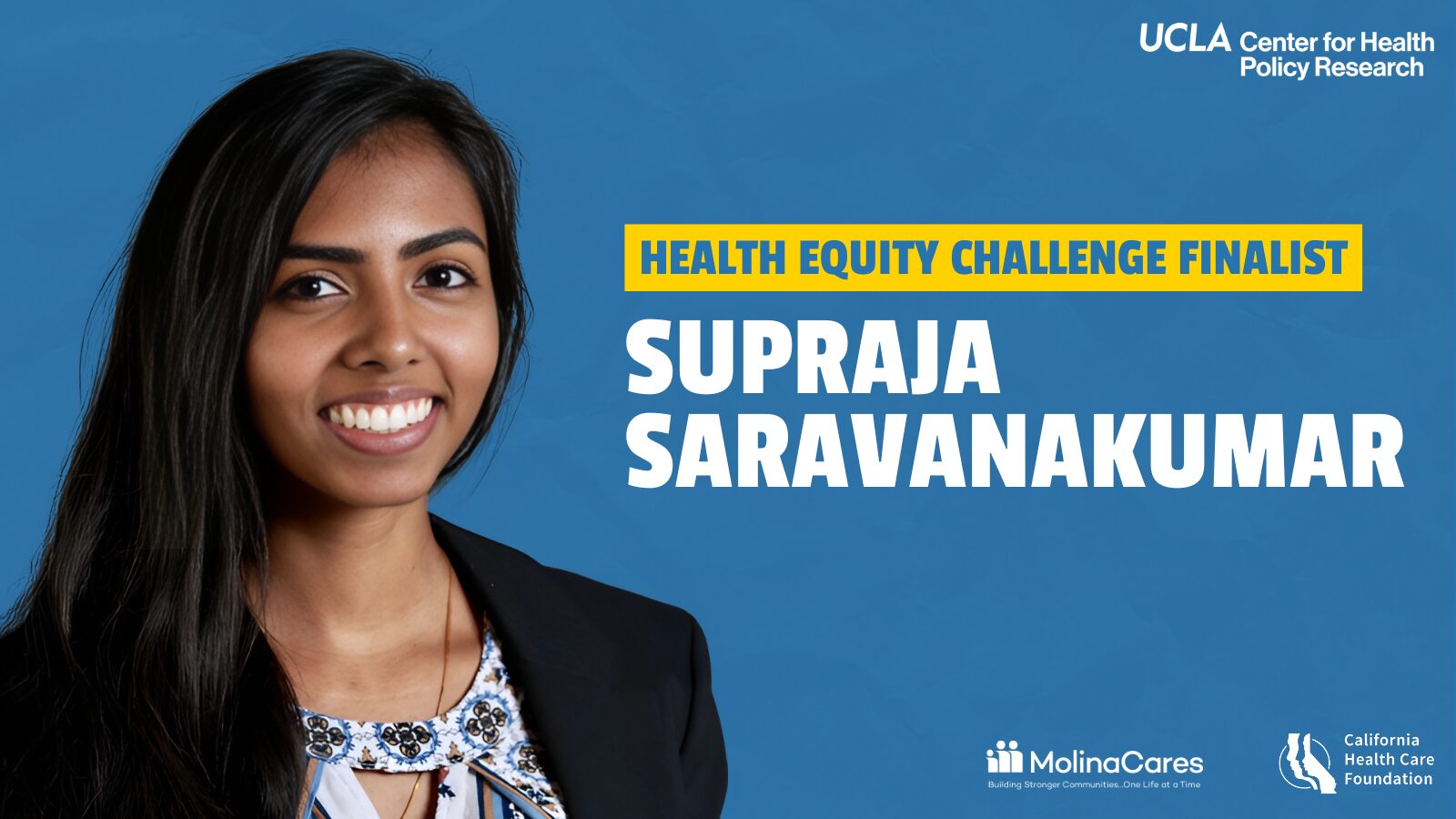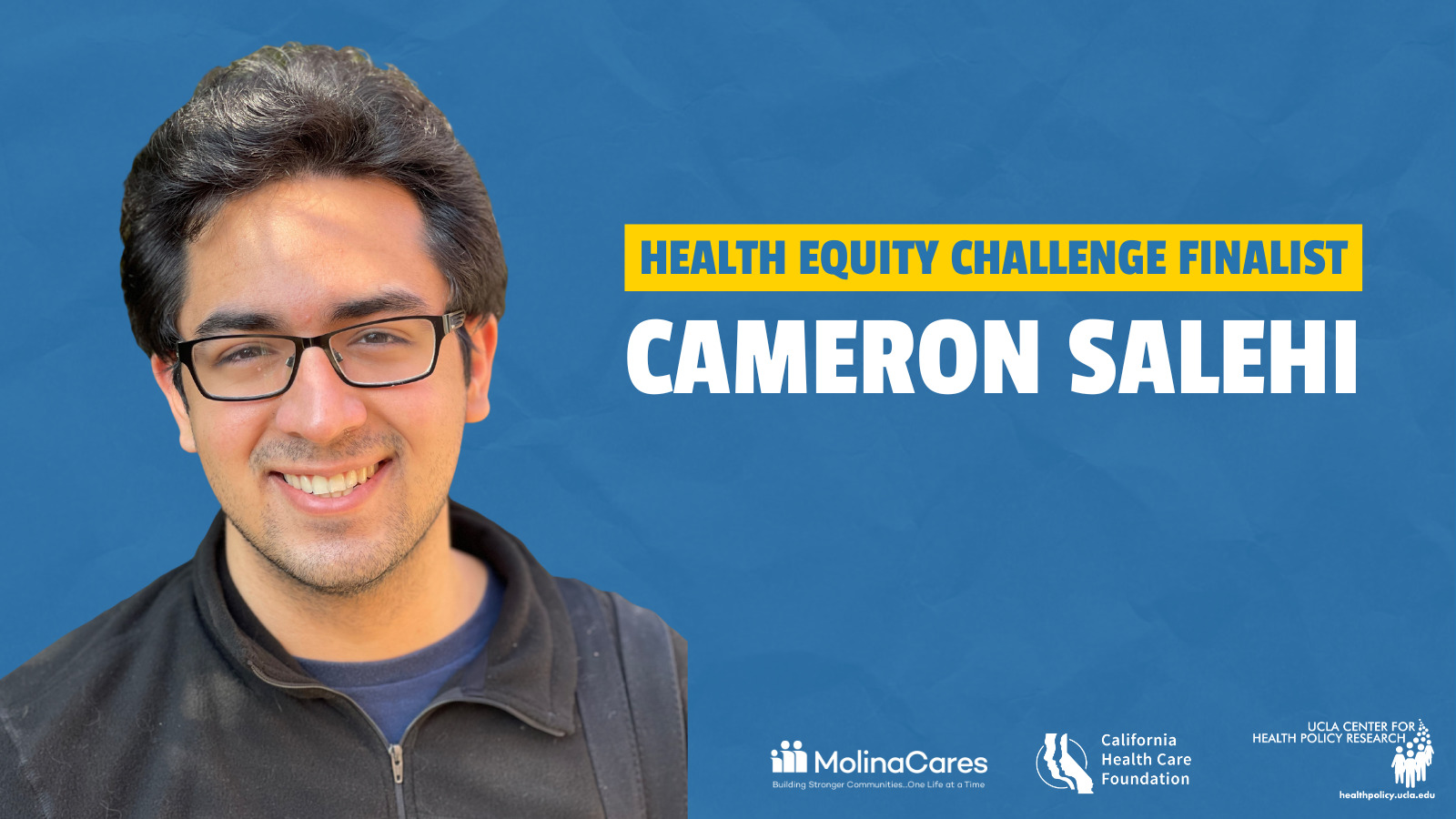
How can I inspire change for vulnerable communities through a workforce I’ve never been a part of?
This was the question I asked myself nearly three years ago when I first entered the public health space and learned about Community Health Workers (CHWs). The COVID-19 pandemic had just begun toward the latter half of my undergraduate career, and many working in public health, including myself, were looking for new solutions to address new problems. However, I was fascinated when I discovered that a long-standing resource could be a key to helping vulnerable communities and alleviating risk factors associated with the pandemic for those at the highest risk for poor health outcomes. This key was the CHW workforce.
Upon learning about their history, I was immediately inspired by CHWs and their immense capacity and potential to bring meaningful change. CHWs are uniquely positioned to serve vulnerable populations and address social determinants of health. They make up a vital workforce with lived experience that uses knowledge of the community to best serve its members as bridges between the community and the public health and social services infrastructure. Ranging from health coaches and navigators to educators and recovery specialists, CHWs serve communities in a variety of ways.
Recognizing that CHWs have historically been underused and underrepresented in healthcare, especially in California, I was driven to help advocate for and advance the CHW role, but initially questioned how I could accomplish this. Having not been a CHW myself, how can I make a difference?
It wasn’t until I became aware of the work being done at Avicenna Next, a healthcare research and development group, that I realized how I could start to make an impact. I began working with Avicenna to develop a comprehensive CHW training curriculum with a focus on enhancing CHWs’ skills to promote resilience and mitigate the risks associated with COVID-19 in vulnerable communities. Soon after, I collaborated with a group of public health experts, clinicians, and healthcare workers across California to establish an advocacy group and non-profit organization to help promote and grow the CHW workforce while amplifying CHW voices. Ever since, I have continued to dedicate my efforts to grassroots initiatives, ranging from program evaluation to policy advocacy. I sought to support community-level healthcare workers so they could better support their communities in turn.
However, it was not until I learned more about and began working to serve the indigenous American Indian/Alaska Native (AI/AN) population that I understood the full scope of importance of community health. Upon working with a CHW program at a tribal community-based organization serving AI/AN groups in Southern California, I came to understand the countless health inequities and disparities AI/AN people face. AI/AN communities continue to experience greater degrees of economic instability, inadequate access to necessary health care services, and poor health outcomes compared to many other groups.
What I found most troubling among such disparities was the impact of climate change. AI/AN groups are at a higher risk of being disproportionately affected by climate change and experiencing worse health as a result. For example, changes in climate have destroyed agricultural lands resulting in many AI/AN tribal groups losing access to traditional foods, while various urban AI/AN communities continue to experience worse health due to increased heat exposure. Despite this, little has been done to sufficiently support the needs of AI/AN people and mitigate the threats climate and environmental changes pose to their communities. With this knowledge, I knew I wanted to do something to try to make a difference.
“American Indian and Alaska Native (AI/AN) groups are at higher risk of being disproportionately affected by climate change and experiencing worse health as a result. For example, changes in climate have destroyed agricultural lands, resulting in many AI/AN tribal groups losing access to traditional foods, while various urban AI/AN communities continue to experience worse health due to increased heat exposure.”
Equipped with this purpose, I learned about the Health Equity Challenge. I was immediately hooked by the Challenge’s approach to inspiring innovation to tackle health inequities. I felt excitement at the thought of getting to apply my ideas toward a problem I had long been wanting to tackle. Drawing on my past experiences, I recognized that CHWs can play a pivotal role in addressing the health effects of climate change in AI/AN communities. With this in mind, I applied to the Health Equity Challenge with a proposal to create a continuing education program to train CHWs to tackle and mitigate the health effects of climate change in AI/AN communities. The project would entail creating a new CHW climate change curriculum, followed by using the curriculum in a training program and then deploying CHWs to serve the AI/AN community using the knowledge and skills they’ve learned.
Since I began my journey in community and public health, I have constantly been trying to find new ways of generating positive change, both for CHWs and the vulnerable communities they serve. The Health Equity Challenge has given me the chance to act upon my hope for change and make a difference by creating something from scratch. The Challenge has granted me an incredible opportunity as a student to address timely and major public health issues for particularly underserved communities.
I hope that my proposal may culminate in lasting change for AI/AN communities in Southern California; although, regardless of the outcome, I have learned a great deal from the process going from a simple idea made up of a few words to a fully-fledged proposal with community collaborators and partners involved. The lessons I’ve learned through this process will serve me as I continue in my journey as a student in the UCLA Executive Master of Public Health Program and in my future career. Innovation can help mitigate inequities and barriers to care — I look forward to continuing to build such solutions for the people and communities I serve going forward!
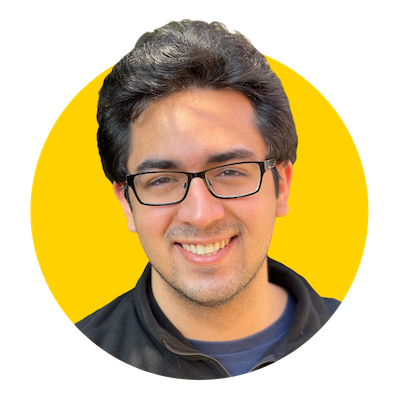
By Cameron Salehi
2023 Health Equity Challenge Finalist
Cameron Salehi is an Executive Master of Public Health (MPH) student in the UCLA Fielding School of Public Health. Salehi’s professional efforts have focused on working with and advocating for the Community Health Worker (CHW) workforce through research, policy advocacy, and curriculum and workforce development. He hopes to continue working with CHWs and other health care workers, providers, and organizations to promote health equity through innovative solutions in medicine and health care.
continue reading
Related Posts
As many as 50% of blind high school students drop out of high school and COVID only exacerbated this problem.
Coming from a low-income community of color, I personally witnessed how generations of systemic racism and economic corruption have led to a powerful mistrust in the health care system.
Postpartum depression (PPD) is a silent struggle for many new mothers, but for South Asian women, cultural stigmas and generational pressures often exacerbate this already challenging condition. As a woman of color and a first-generation college graduate, I have walked a path shaped by the nuances of both my cultural heritage and my academic pursuits.

